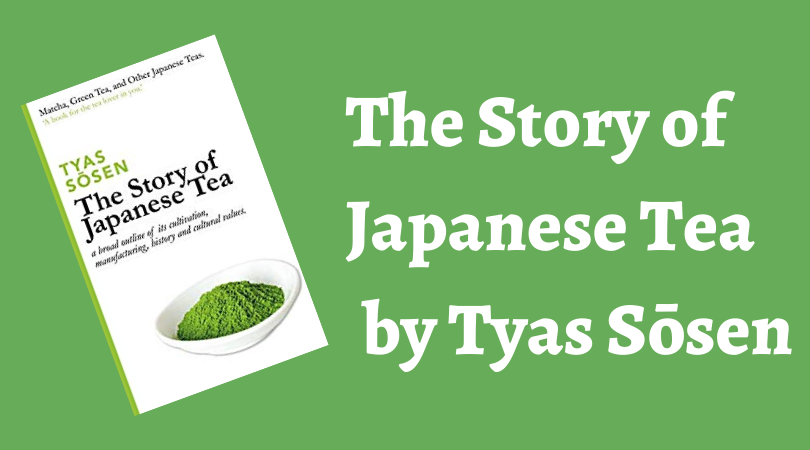When I think of Japanese tea, there are a handful of people who come to mind. Tyas Sōsen is one of them. I’ve followed his journey from blogger to a tea vendor. His passion for and knowledge about these teas shines through in everything he does. That is why I was excited to see him release his book, The Story of Japanese Tea: a broad outline of its cultivation, manufacturing, history and cultural values. I read the Kindle edition but this book is also available in paperback.
What is it about?
Book reviews are always tough to write because I don’t want to give everything away. As the title implies, it is a broad overview of all things Japanese tea. Don’t let that description fool you though. Tyas dives deep and covers topics that I have never seen in discussed in any other book.
The book starts with descriptions of the types of tea made in Japan. This region is synonymous with green tea but oolong, black tea, and fermented teas are also discussed. Cultivation and manufacturing are also explored in depth. The book then finishes with how to brew, taste, and properly store tea.
In each section, Tyas included case studies where he interviewed producers in Japan on a variety of topics. This kind of insight is absolutely invaluable for someone who is looking to understand the world of Japanese tea. Tyas is a big proponent of natural farming, native cultivars, and traditional processing techniques. These ideas are presented with data to back them up but they are not forced on the reader.
Attaching fruitlessly to words about tea will get you nowhere, You can’t expect to understand it emulating a parrot’s tricks.
Tyas Sōsen, The Story of Japanese Tea
The chapter on matcha includes a tremendous amount of history and cultural information. I was impressed with how much Tyas was able to fit into this section as well as the book as a whole. The extended table of contents at the end of the book is incredibly helpful. I often need to locate information later on when doing research for blog posts or other projects.
Would I recommend it?
I would definitely recommend this book to any tea lover, but particularly those with an interest in Japanese tea. You would be hard-pressed to find another book that so jam-packed with information. The tone is scholarly yet engaging. There are some photographs but I don’t think that there is any context loss in the Kindle version.
Have you read The Story of Japanese Tea? Let me know your thoughts in the comments below!
Addendum: I no longer recommend or support The Tea Crane. If you’d like to know why, please see this Twitter thread.
